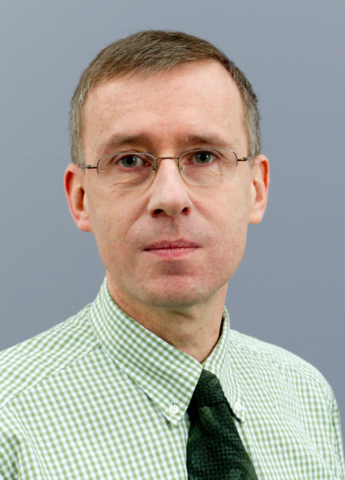
Download
Registration Info
This is past event. Registration is no longer possible.
DIJ Mailing Lists
Please subscribe below to stay informed about our research activities, events & publications:
Japan’s Economic Security Policy – A Perspective from Germany
November 30, 2023
Hanns Günther Hilpert, German Institute for International and Security Affairs
Germany, which has become accustomed to cheap gas from Russia, easy market access to China and peace and stability in Europe, has experienced a rude awakening. For German business and politics, one of the most urgent tasks now is to ensure economic security. However, it is not the USA but Japan with its already advanced system of economic security that seems to be the more appropriate role model. After all, Japan’s strong industrial production base, its export orientation and its positioning between economic dependence on China and security dependence on the USA are very similar to the German situation. Against this background, the question arises as to which characteristics and special features make the Japanese system of economic security so attractive from a German perspective? And how does Japan deal with the uncertainties, dilemmas and risks that state intervention in economic decision-making processes inevitably entails? Are there policy options that could make sense for both Japan and Germany?
Hanns Günther Hilpert is a Senior Fellow at the Research Division Asia at the German Institute for International and Security Affairs (Stiftung Wissenschaft und Politik, SWP), an independent academic research centre, which advises Germany’s parliament and federal government on foreign and security policy issues. Hanns Günther Hilpert studied economics at the University of Saarland and completed his doctoral dissertation at the Free University of Berlin. Before joining SWP, he worked at the ifo Institute for Economic Research in Munich and at the German Institute for Japanese Studies in Tokyo.